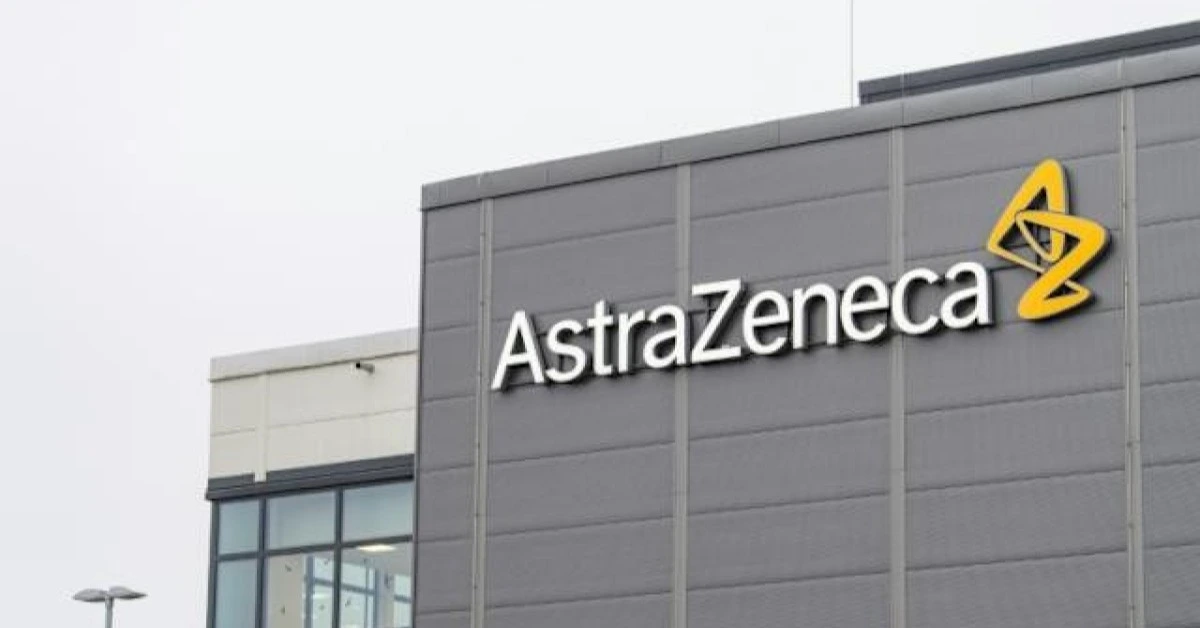
UK – AstraZeneca is contemplating a strategic shift in its manufacturing operations, considering relocating production of certain medicines from Europe to the United States.
This move aims to mitigate potential impacts from anticipated U.S. import tariffs under President Donald Trump’s administration. Although pharmaceuticals are currently exempt, the looming threat has prompted proactive measures.
CEO Pascal Soriot emphasized the company’s commitment to bolstering its U.S. presence, highlighting plans for “even greater” investment in domestic production facilities.
AstraZeneca already operates 11 manufacturing sites across the U.S. and has pledged a US $3.5 billion investment by 2026 to expand its capabilities further.
This potential realignment comes amid broader concerns about Europe’s competitiveness in the pharmaceutical sector.
Soriot, along with other industry leaders, has called on European governments to increase healthcare spending and support innovation to prevent an exodus of manufacturing and R&D investments to more favorable markets like the U.S. and China.
In a notable decision reflecting this stance, AstraZeneca previously abandoned plans for a US $560 million vaccine manufacturing plant in the UK, sparking speculation about redirecting that investment to the U.S.
Additionally, the company has announced plans to establish a sixth R&D center in China, further diversifying its global footprint.
Financially, AstraZeneca reported a 10% year-on-year increase in revenue for the first quarter of 2025, totaling US $13.6 billion.
This growth was driven by strong sales in oncology and biopharmaceuticals, with notable performances from cancer therapies Enhertu and Truqap.
However, the company discontinued the CAPItello-280 trial for Truqap in metastatic castration-resistant prostate cancer due to unlikely positive outcomes.
In China, AstraZeneca’s second-largest market, sales rose by 5%, reversing recent declines.
The company is navigating challenges, including a potential fine of up to US $8 million related to unpaid import taxes and data privacy investigations.
Despite these issues, AstraZeneca has implemented changes to prevent future problems and remains committed to the Chinese market.
XRP HEALTHCARE L.L.C | License Number: 2312867.01 | Dubai | © Copyright 2025 | All Rights Reserved